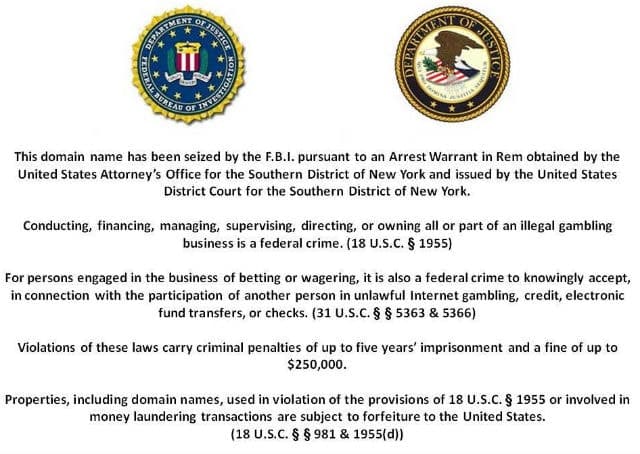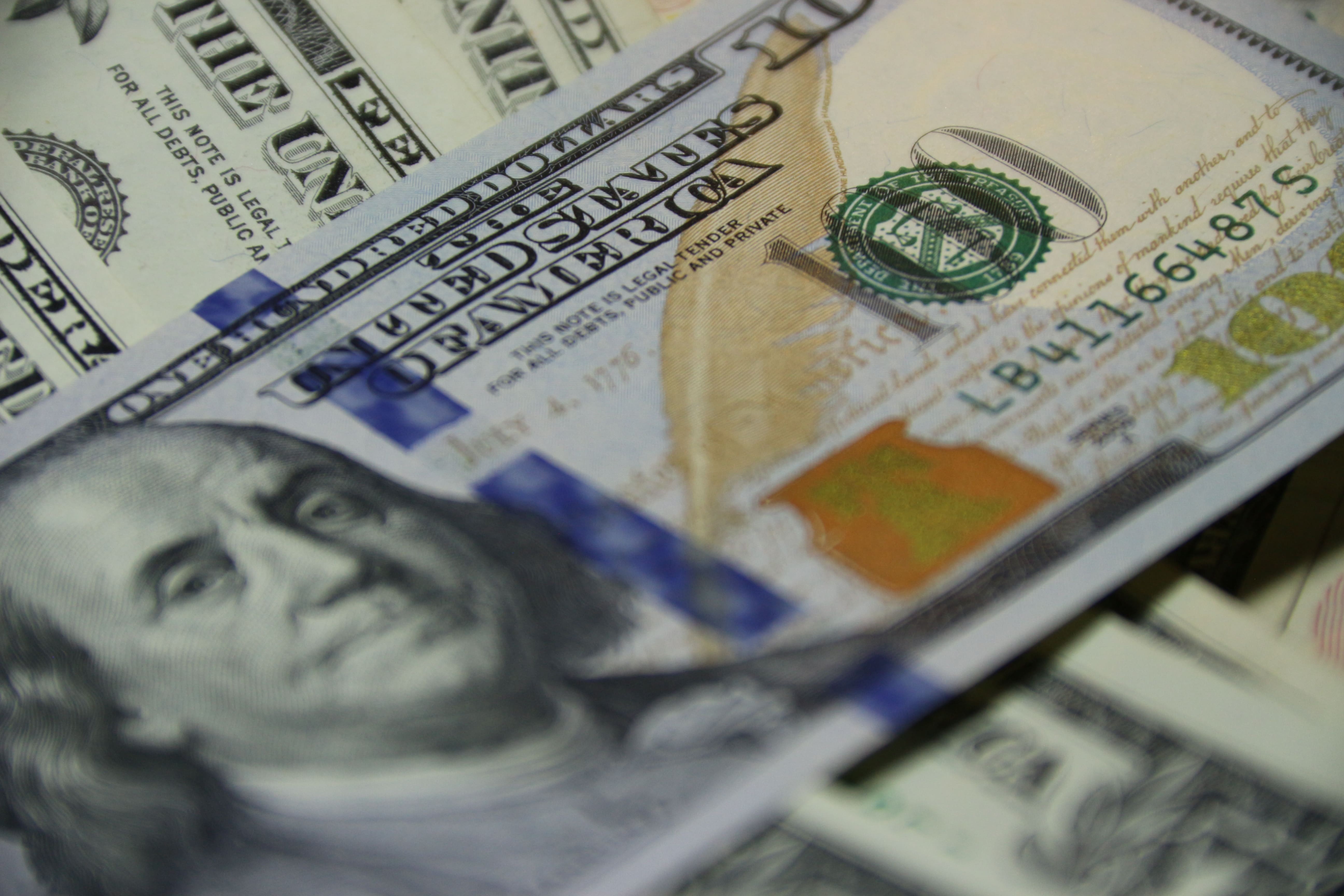Bitcoin gambling sites are quickly gaining popularity for a few different reasons. For instance, the development of provably fair algorithms has made it possible for players to ensure that games are not rigged. Despite this technical progress, bitcoin gambling is either illegal or heavily regulated in many places throughout the world.
In this article, we examine why regulators in the U.S. have been slow to legalize transactions made through bitcoin casinos. We also look at why these policies are unlikely to change in the coming years.
Gambling Industry: Overcoming A History of Heavy Regulations
As of 2018, Bitcoin gambling hasn’t developed much in the United States. Public misconception over the legality of online gambling, in general, remains a major obstacle to user adoption in the US. A lot of issues stem from a complex history of legislation regarding online gambling that has constantly changed in recent years.
For instance, the US Congress passed the Unlawful Internet Gambling Enforcement Act (UIGEA) as a part of the SAFE Port Act. This law made it illegal for US banks to process online gambling transactions. As a result, many gambling companies decided to leave the United States at that time.
On April 15, 2011, three of the largest online casinos in the US were indicted and forced to shut down operations. The online gambling community nicknamed this event “Poker’s Black Friday”. However, shortly afterward, clarification of this legislation brought back new opportunities for the gambling industry. In December 2011, US officials released a legal opinion that stated that the Federal Wire Act only applies to sports betting. Various types of online gambling (i.e. online lottery sales, online poker, and casino games) were thus considered to be legal.
Still, this series of events and varying state laws have made it difficult for many online gambling operations to thrive in the US market. Many companies in this space still fear potential shutdowns, large fines, and continued legislation changes. For players, however, the reality is that all online gambling sites are legally available in 41 of 50 states.
The Need for Anti-Money Laundering Compliance
Globally, online casinos have enjoyed massive market growth. However, bitcoin casinos face continued scrutiny in the US. Money laundering remains a big concern for regulators.
Stats show that bitcoin gambling is a potential risk of money laundering. The Center on Sanctions and Illicit Finance (CSIF) conducted a study bitcoin money laundering from 2013 to 2016. According to the report, bitcoin casinos made up 25.8% of all bitcoin-related money laundering. It’s important to note that this is still quite low when compared to money laundering via cryptocurrency exchanges (45.4%).
While exchanges still have to go through AML and KYC checks, bitcoin casinos likely face a larger uphill battle. Bitcoin casinos must deal with the shady history of money laundering via traditional casinos of the past.
Even though bitcoin gambling is considered to be 100% legal in the US, the number of possible options for players remains relatively low.
Regulations Surrounding the Use of Cryptocurrencies Still Up in the Air
Regulations surrounding the use of cryptocurrencies are another major obstacle to the approval of bitcoin casinos in the US. In contrast, many land-based casinos and lotteries are widely accepted in the US. While officials could decide to approve of bitcoin gambling, a better revenue collection system is needed.
Examining legislation passed by the US Congress in December 2017 provides a good insight into the future of cryptocurrency taxation. There is increasing pressure from government officials to develop thorough enforcement of cryptocurrency taxation (i.e. mining, income, and gambling). Even though the legislation exists and applies to bitcoin gambling, the rise of bitcoin casinos could potentially impact the future of government revenue.
In 2018, there are already well-established systems for fiat gambling in the US. While bitcoin gambling could become regulated similarly, developing these revenue systems is likely to be a lengthy process. Additionally, some officials are wary of the possibility that bitcoin casinos, once legalized, would use untraceable cryptocurrency payments. Theoretically, this could not only create the potential for criminal activity (i.e. money laundering) but also cut into the profits of state lotteries and casinos.
Both potential casino operators and regulators would have to develop better policies that work for both sides. For example, regulators also have to consider constant cryptocurrency price fluctuations. Minor changes in prices could drastically affect taxation.
International Examples and The Future Possibility of Domestic Bitcoin Gambling Sites in the US
In 2018 (and probably for a few years beyond) the possibility of opening up a bitcoin casino in the US is bleak. There are now at least two casino hotels in Vegas that allow people to use BTC. However, there is a caveat. BTC can only be used at places like the front desk or locations around the hotel. It cannot be used to gamble. This means that most bitcoin casinos must look to international options for their businesses.
Many locations around the globe offer the regulation and licensing of bitcoin casinos. Malta officially became the first place to legalize bitcoin casinos. It offers an MGA (Malta Gambling Authority) license and is home to Bitstarz Casino. In addition, Curaçao eGaming has two popular bitcoin casinos, Bitstarz and Bitcasino.io. Isle of Man and Costa Rica also allows for the establishment of bitcoin casinos.
While the reality of bitcoin casinos based in the US might be far off, these examples show that bitcoin casinos can work. Most importantly, they set a precedent for how the US could support domestic bitcoin gambling sites.
Conclusion
As explained above, it is difficult for U.S. authorities to legalize bitcoin casino transactions. A history of complex legislation on gambling in general, a need for anti-money laundering compliance, and a concern over the potential loss of tax revenue generated by traditional casinos all present real challenges.
Despite the continued progress of opening up things like legal sports betting in states throughout the United States, bitcoin gambling doesn’t appear to have long-term stability for now. Although legal for American players, the rise of bitcoin casinos with operations based in the US is unlikely for the foreseeable future.
The post Reasons Why U.S. Authorities Are Challenged to Legalize Bitcoin Casino Transactions appeared first on CoinCentral.























